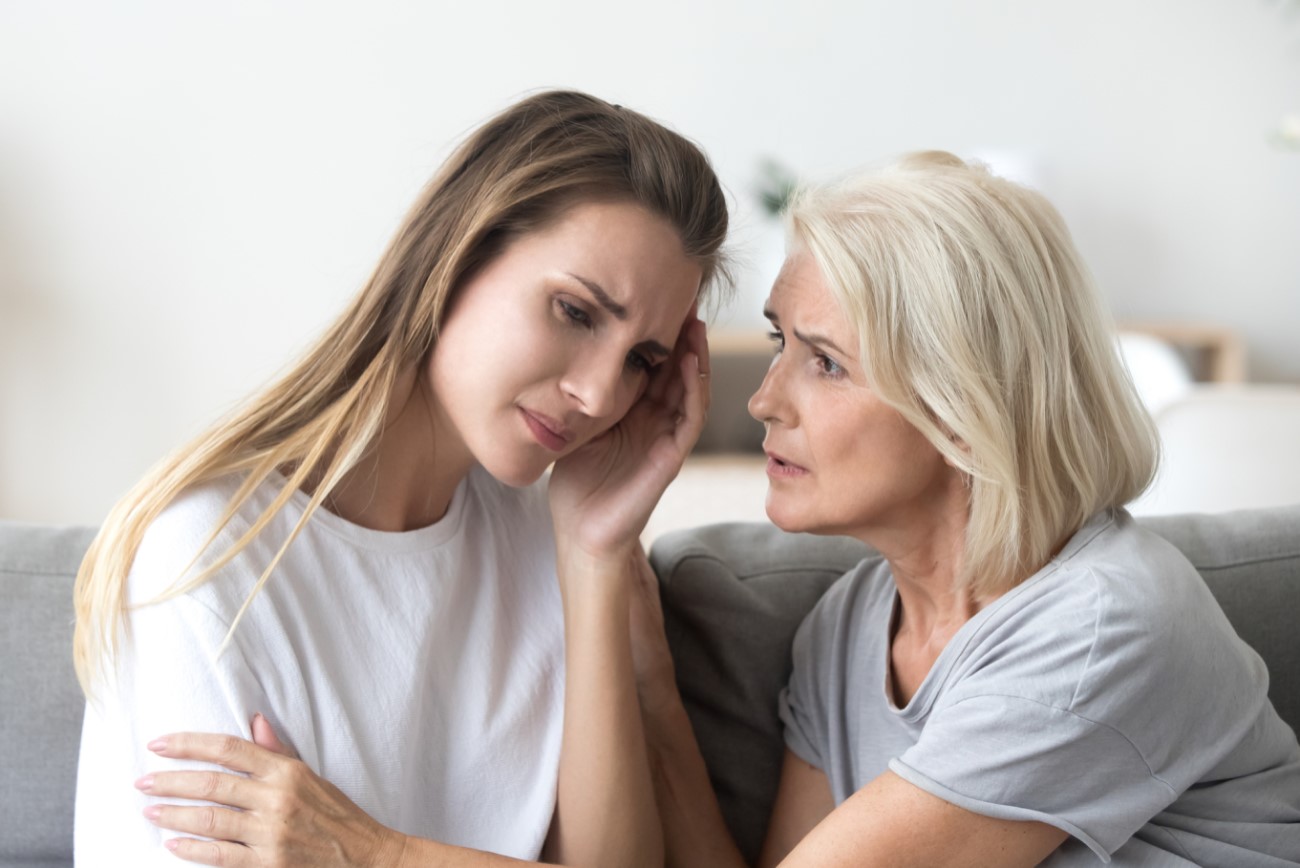Domestic violence: what to do if your child is in an abusive relationship
May 8, 2019 12:29:08 PM
There’s no love stronger than the one a parent feels for their child, so facing the possibility of your child experiencing any kind of abuse is distressing.
If you suspect they may be experiencing domestic violence or be in an abusive relationship, you may feel overwhelmed and powerless. Thankfully, there are steps you can take to help your child if they’re in this situation.
How to tell if your child’s relationship is abusive
There are many different types of abuse. While we often think of physical violence as the main factor, there are often emotional, financial or other factors that can build up to an abusive relationship.
Although every relationship and case of abuse is different, there are several tell-tale signs that someone might be in an abusive relationship. You may witness the following behaviours:
- Fear of the partner or an over-willingness to please them
- Unwillingness to leave children alone with the partner
- Bruises and other injuries
- Lack of self-esteem and confidence
- They make comments about their partner being bad-tempered
- Their partner controls all finances
- May withdraw socially and see less of their relatives and friends
- Their partner constantly keeps tabs on them
- Their partner is possessive, jealous or makes snide comments
- Their children are frightened
While there can be innocent reasons for some of these signs, if you notice anything that seems unusual it may be something worth investigating.
What they may be thinking
Domestic violence and abuse can wear down your child’s resilience and self-esteem, leaving them plagued with negative thoughts. They may be thinking:
- They deserve it
- Their partner will change
- They are alone
- They could lose their children
- They can’t make it on their own
This negative way of thinking is often drilled into them by their partner and can be part of the abusive relationship.
What to avoid when offering advice
Although they are not to blame, your child may be feeling ashamed about the situation. Make sure that you’re always there for them when they need you and if you broach the subject, make sure to do so gently as you may push them into a defensive mode that they find it hard to get out of.
When you speak to them, it is best that you:
- Do not judge
- Do not tell them what you would do
- Do not apportion blame
- Do not ask them ‘why?’
Abusive relationships can take a hard toll on someone’s mental wellbeing, as their idea of a perfect relationship is thrown into disarray. The abuse may slowly build up or it may seem like it has a reason (eg ‘they’re stressed at work’) which makes it easier for the victim to excuse and harder for them to see it for what it really is.
When you reach out to them, there are a few common recommendations. You should try to:
- Approach them respectfully
- Listen without judging
- Support them
- Allow them to make their own decisions
In many cases, the person experiencing abuse has hopes that things will change so, at first, what they need is a safe place where they can go. By providing this, you can help more earnestly when the time comes.
Preparing a plan of action
When the time comes to get help, having a plan of action in place can make you and your child feel more secure. Contact a domestic violence hotline to be put in touch with DV services in your area; they can give advice on how to help your child escape their abusive partner. Factors they can help with include:
- Accommodation
- Emergency funds
- Re-housing
- Long-term planning
What if they don’t want help?
The important thing is to be there for them and for them to feel supported. They may not want help yet, but they will someday. You need to keep your relationship strong, make sure it doesn’t break down and further your child’s isolation.
What should I do if my grandkids are involved?
Domestic violence can have devastating effects on children; even those who aren’t direct victims can be scarred by growing up in an abusive household or develop health issues due to their trauma. Care and protection of your grandchildren in these situations is paramount. To help them you can:
- Discuss the effects of family violence on your grandchildren with your child
- Assure your grandchildren that they are not to blame for the violence
- Explain that domestic violence is not okay and that they have a right to be safe
- Make sure they know they are loved
- Ensure they know how to contact the police on 000
- Get help from a domestic violence service
Where to get more help
Remember, you are not alone in wanting to help your child escape domestic abuse. There are excellent resources available to help you break the cycle and help your child get their life back.
Crime Stoppers1800 333 000
1800RESPECT
To find out more about child protection services, you can also download our free Domestic and Family Violence ebook below.
Return to Blog



